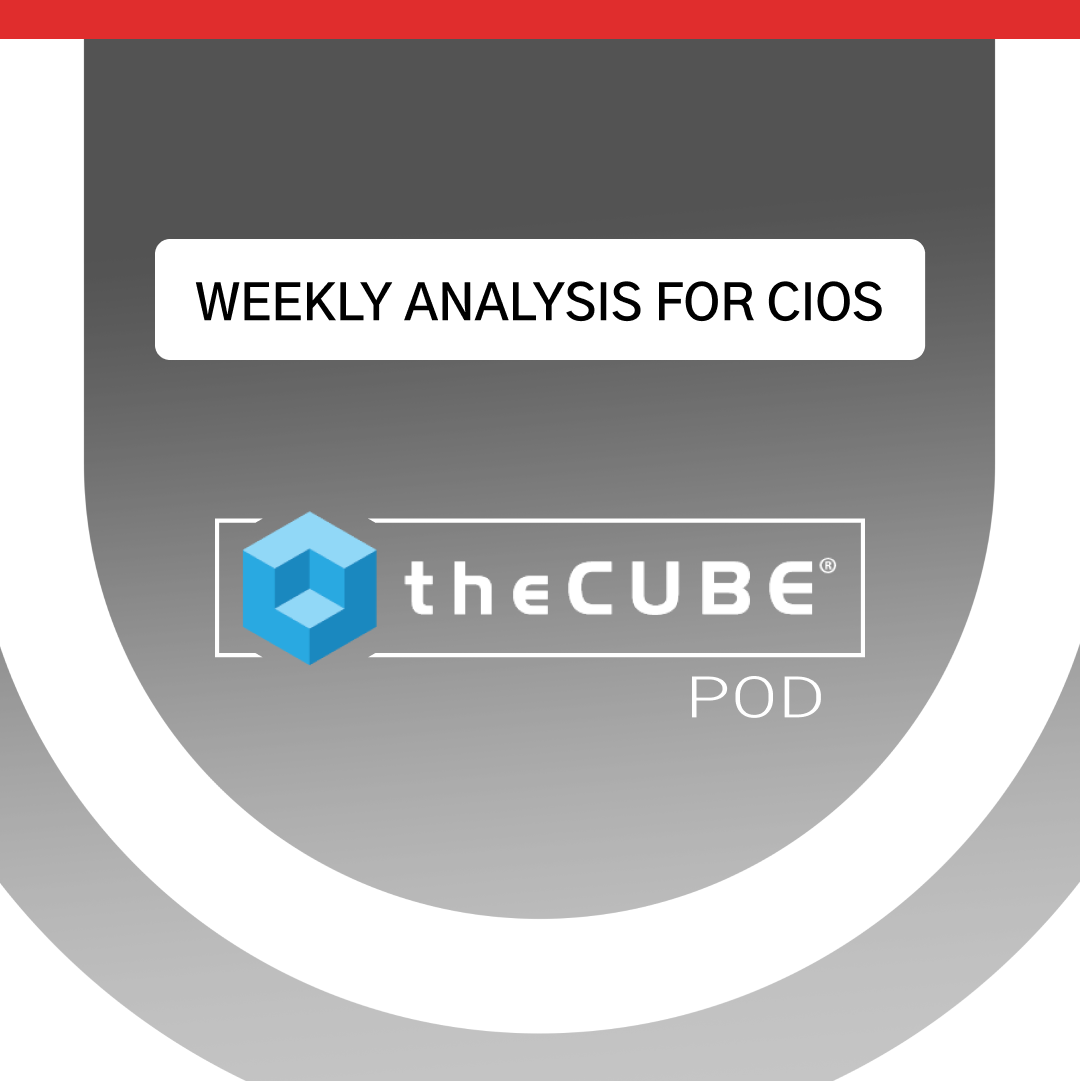Big Data is the Future, but the Smart Investment is in Users, not Vendors
![]() “It’s a tremendously exciting time,” says Peter Goldmacher, Managing Director & Senior Research Analyst at Cowen Group and, says Wikibon.org co-founder and Chief Analyst David Vellante, the number 1 Big Data analyst on Wall Street.
“It’s a tremendously exciting time,” says Peter Goldmacher, Managing Director & Senior Research Analyst at Cowen Group and, says Wikibon.org co-founder and Chief Analyst David Vellante, the number 1 Big Data analyst on Wall Street.
“For a guy like me who cut his teeth at Oracle back in the ’90s, when you go from a relational world with highly structured data sets to where we are now with a wide open opportunity with all kinds of new data being created, …it’s a tremendously exciting time.”
However, he told Vellante in an interview on the Cube at the office of Atlas Venture in Boston (see below), the best investment today is in the early adaptors of Big Data rather than in the startup companies providing Big Data products and services. For one thing, so far only one of those, Spunk, has gone public. But the larger reason is that Big Data provides a large business advantage to those early users in their markets, whereas the vendor market is very immature and fluid.
Goldmacher sees a direct parallel to the ERP market in the late 1980s and early 1990s. “If I asked you to pick the winners among the ERP vendors in 1989, you would have had a half-a-percent chance of picking SAP, because there were 200 ERP vendors in the market, and a zero percent chance of picking Oracle, because it wasn’t in the ERP market at all then. But, if you had invested in every company that was using ERP back then, you would have participated in one of the biggest margin expansion opportunities we’ve ever seen, as their G&A costs as a percentage of sales went from 25% to 9%. It was a phenomenal opportunity.”
Big Data will have an equal or even greater impact. “I was talking to the CEO of a company whose stock and trade is creating markets for used farm equipment,” he said. This man told him that right now three-year-old combines are a glut on the market because of Big Data.
“He said the new combines coming out of John Deere have built-in data analysis that combines Big Data from a variety of sources to help farmers figure out when to plant, when and where to plow, where on their farms they will get the best yields, even the precise pathways to follow when plowing to get the best yield.”
As a result, Goldmacher says, that new John Deere combine will pay for itself three times over in the first year in increased yield. So Deere, a farm equipment company, has created a competitive advantage by leveraging Big Data, making the best business decision for farmers to sell almost-new combines to get a new Deere.
Maybe, he says, he will start covering John Deere.
One thing Goldmacher doesn’t recommend is investment in the traditional database and ERP vendors. Their market is going to be heavily impacted by Big Data, and in that turbulence, he says, some will shrink, some will stay even, and some may be completely disintermediated. At the time of the interview he had a sell on SAP and was neutral on Oracle, and he had some hard-nosed analysis on some other companies.
Salesforce.com, he says, is running at a very high RPM but not getting the market traction it needs for what it is investing. “Every salesperson they hire is less productive than the preceding ones. I believe they are overstimulating their market. At some point you’ve got a $3 Billion company that’s marginally profitable. As that company makes the transition from growth to profitability, that’s typically a pretty tough time to own a stock, and I think that’s inevitable.”
Teradata, he says, is in danger of being disintermediated. “I can’t comment on Teradata’s stock because I don’t cover it, but when you look at its business fundamentals, there isn’t a lot that Teradata does that you can’t accomplish for a lot less money using these new Big Data technologies. The history of technology is that someone comes up with a good idea, and five-to-ten years later someone comes up with a better idea at a lower price, and I see no reason to think that Teradata won’t be subject to that dynamic.”
Splunk, on the other hand, can be a good long-term investment despite the volatility of the stock. Cowan participated in the IPO, and at the time of the interview the stock was trading at 18X-20X company revenue. “ When you look at the opportunity, the potential outcomes for this company range from good to great.”
A message from John Furrier, co-founder of SiliconANGLE:
Your vote of support is important to us and it helps us keep the content FREE.
One click below supports our mission to provide free, deep, and relevant content.
Join our community on YouTube
Join the community that includes more than 15,000 #CubeAlumni experts, including Amazon.com CEO Andy Jassy, Dell Technologies founder and CEO Michael Dell, Intel CEO Pat Gelsinger, and many more luminaries and experts.
THANK YOU













